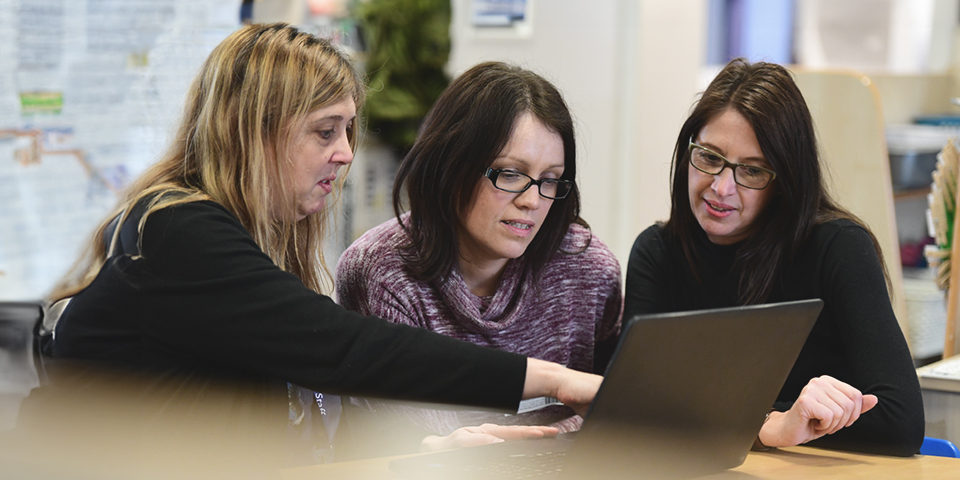A comprehensive and insightful introduction to the principles, practices, and provision for Early Career Teachers (ECTs) and those new to teaching within the Early Years Foundation Stage (EYFS). Designed to support new educators, these ECT blogs will equip you with insider knowledge and skills to navigate the unique challenges and opportunities of early years education.
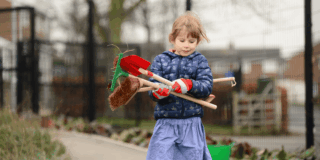
Discover the importance of gross motor skills for lifelong movement, for physical health, cognitive development and social skills!
Read more
Enhance your understanding of Birth to 5 Matters and its application in early childhood education. Join us in reflecting on best assessment practices and continuous provision.
Read more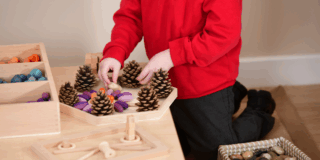
Heuristic play is a powerful tool in child development. Discover exactly what it is, the benefits and how to implement.
Read more
Explore Maria Montessori’s Method and how her Unstructured Time continues to influence modern continuous provision in early years education.
Read more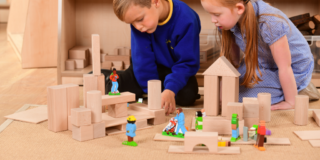
Uncover the true meaning of continuous provision in early years education and how it supports child development and effective learning characteristics.
Read more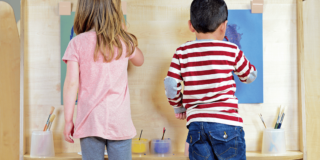
Discover how the Reggio Emilia Approach inspires modern classrooms and continuous provision in early years education.
Read more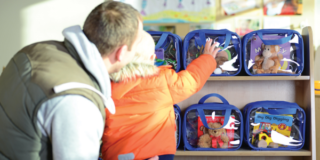
Support early language development through storytelling, play, fostering learning and stronger caregiver interactions with Going Home Bags.
Read more
Uncover the true meaning of continuous provision in early years education and how it supports child development and effective learning characteristics.
Read more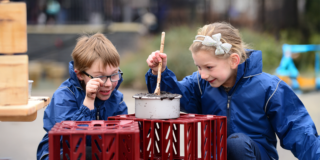
A wealth of Mud Kitchen ideas, practical tips and solutions to develop your own outstanding mud kitchen area and maximise mud kitchen play.
Read more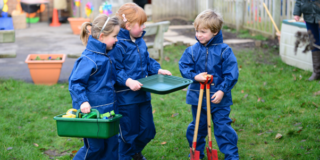
Discover Friedrich Froebel’s principles and how his theory of play inspires modern continuous provision in early years education.
Read more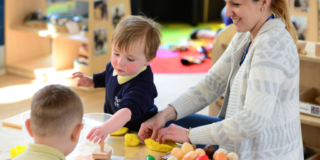
New to teaching the EYFS? Discover effective strategies for staying organised and setting achievable goals for a successful start.
Read more
Master the art of effective day-to-day EYFS systems and routines. Prioritise tasks, manage your time, and excel as a new teacher.
Read more
